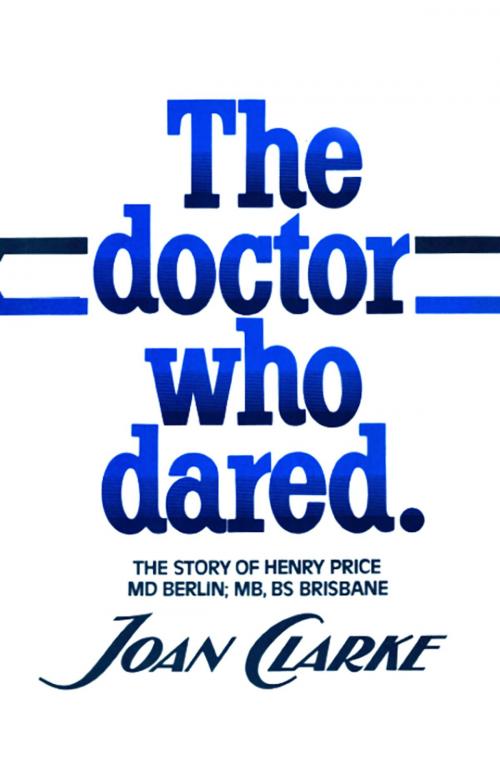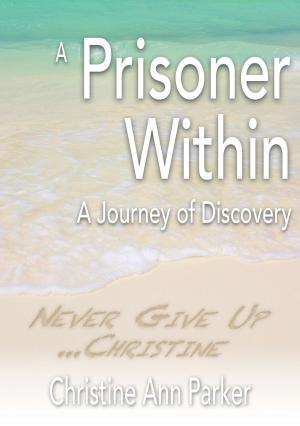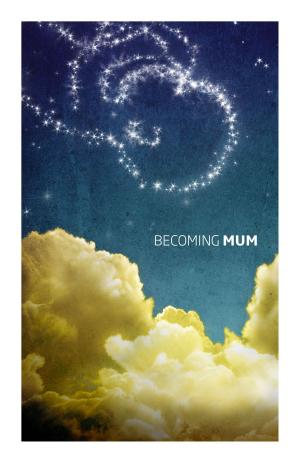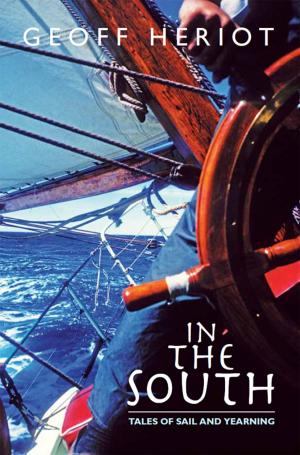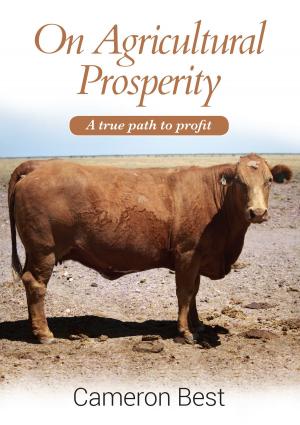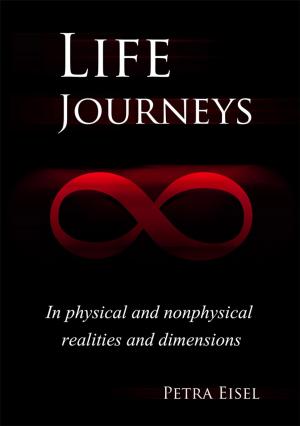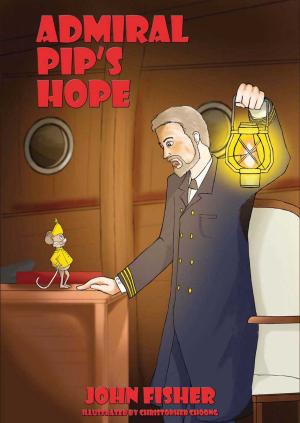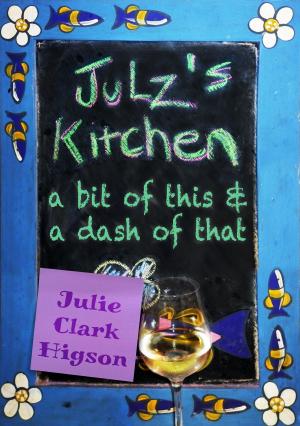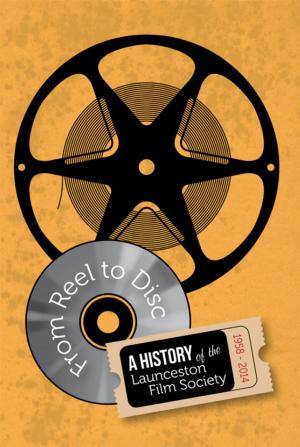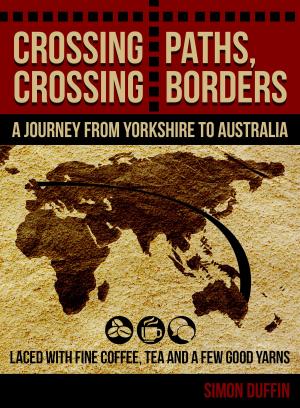The Doctor Who Dared
The Story of Henry Price MD Berlin; MB, BS BRISBANE
Nonfiction, History, Austria & Hungary, Biography & Memoir, Reference| Author: | Joan Clarke | ISBN: | 9781925516685 |
| Publisher: | Australian eBook Publisher | Publication: | March 15, 2017 |
| Imprint: | Language: | English |
| Author: | Joan Clarke |
| ISBN: | 9781925516685 |
| Publisher: | Australian eBook Publisher |
| Publication: | March 15, 2017 |
| Imprint: | |
| Language: | English |
In 1953 the name of Dr Henry Price was catapulted across the headlines of Australian newspapers. A post World War II German - Jewish immigrant, he made legal and medical history by taking to court eleven Australian doctors on charges of defamation, conspiracy and libel.
The case, heard in the growing industrial town of Wollongong in southern New South Wales, was the last of many battles with officialdom and oppressive forces that punctuated the adventures of Henry Price throughout his extraordinarily eventful life.
Born "Hans Preiss" in German Upper Silesia in 1904 he trained as a doctor in the universities of Berlin, Vienna and other major cities at a time when German medicine led the world in discoveries and research. But his great pride in being Jewish-and his refusal to deny his origins forced him to escape Germany in 1933, soon after the Nazis began to rise to power. Changing his name to "Henri Preiss", he headed for the gay streets of Paris and from there found his way to French-administered Lebanon, eventually to be accepted into elite Beirut society.
After one unsuccessful marriage, he had no sooner found happiness with his new wife Ursula when Britain and France went to war against Germany, and he was whisked away to a concentration camp - his crime that of being German. His release was gained on the condition that he join the notorious French Foreign Legion! Following the fall of France he spent several years as a Medical Officer with the British Army in the Middle East until finally, after the war, he decided to bring his family to Australia.
Hoping to find freedom in this new country of his choice, he instead found echoes of the prejudices that had plagued him in the past.
But Henry Price was a fighter, and this enthralling biography gives not only a compassionate insight into the plight of people of minority groups but also an indictment of the lack of understanding and tolerance that is still evident in parts of Australian society today.
In 1953 the name of Dr Henry Price was catapulted across the headlines of Australian newspapers. A post World War II German - Jewish immigrant, he made legal and medical history by taking to court eleven Australian doctors on charges of defamation, conspiracy and libel.
The case, heard in the growing industrial town of Wollongong in southern New South Wales, was the last of many battles with officialdom and oppressive forces that punctuated the adventures of Henry Price throughout his extraordinarily eventful life.
Born "Hans Preiss" in German Upper Silesia in 1904 he trained as a doctor in the universities of Berlin, Vienna and other major cities at a time when German medicine led the world in discoveries and research. But his great pride in being Jewish-and his refusal to deny his origins forced him to escape Germany in 1933, soon after the Nazis began to rise to power. Changing his name to "Henri Preiss", he headed for the gay streets of Paris and from there found his way to French-administered Lebanon, eventually to be accepted into elite Beirut society.
After one unsuccessful marriage, he had no sooner found happiness with his new wife Ursula when Britain and France went to war against Germany, and he was whisked away to a concentration camp - his crime that of being German. His release was gained on the condition that he join the notorious French Foreign Legion! Following the fall of France he spent several years as a Medical Officer with the British Army in the Middle East until finally, after the war, he decided to bring his family to Australia.
Hoping to find freedom in this new country of his choice, he instead found echoes of the prejudices that had plagued him in the past.
But Henry Price was a fighter, and this enthralling biography gives not only a compassionate insight into the plight of people of minority groups but also an indictment of the lack of understanding and tolerance that is still evident in parts of Australian society today.
